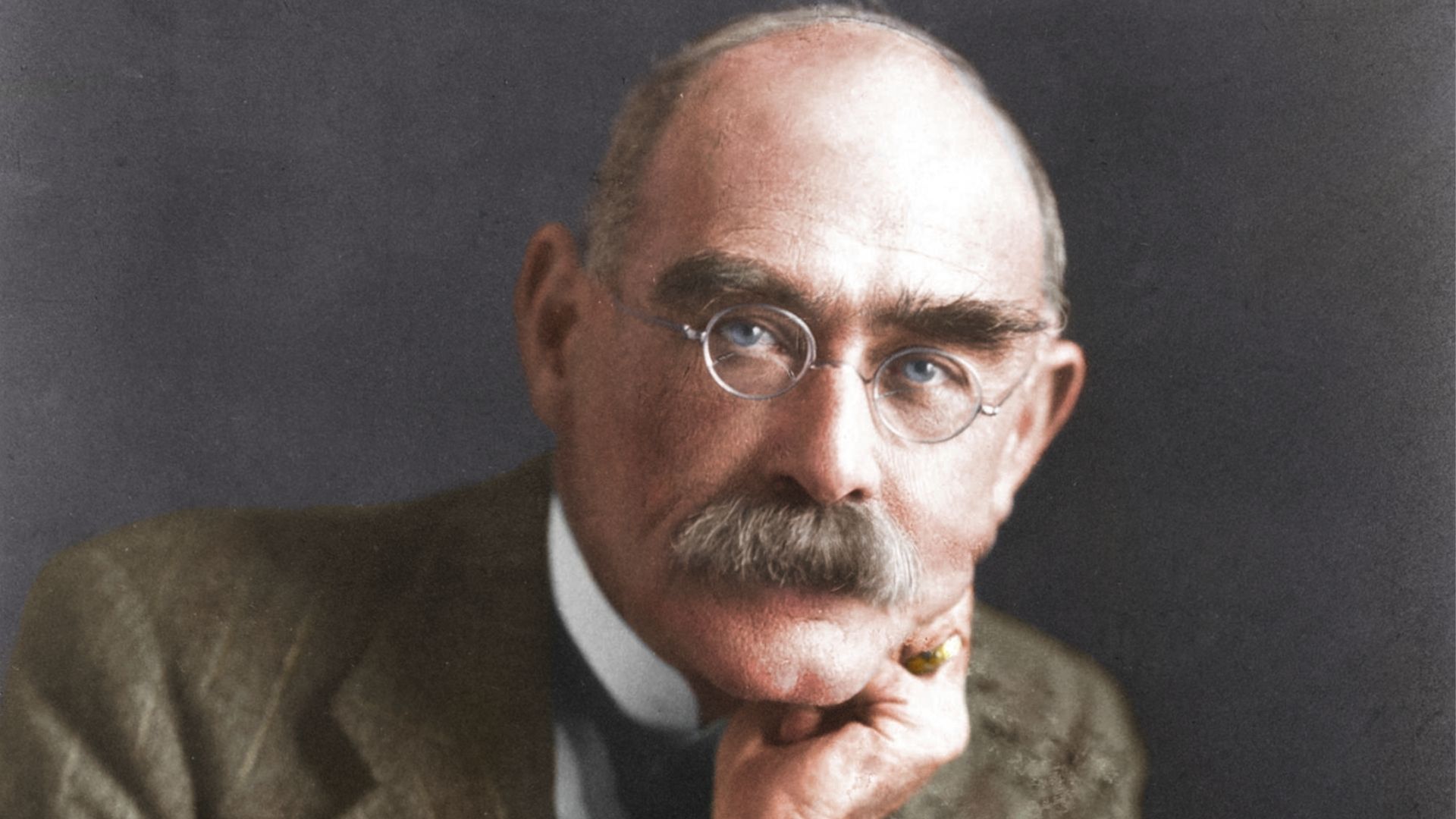Mandalay Comments
By the old Moulmein Pagoda, lookin' eastward to the sea,
There's a Burma girl a-settin', and I know she thinks o' me;
For the wind is in the palm-trees, and the temple-bells they say:
'Come you back, you British soldier; come you back to Mandalay! '
...
Read full text
'taste' the nostalgia for Mandalay here. Poem full of nostalgia but honestly and beautifully worded.5 Full Stars
Beautiful poem about homesickness for Mandalay, not comparable to the fat women he walks to the coast here. Over there where the green is beautiful. One can, as it were,
Great poem Captures the essence of the. East and West in a soldier's language
I'm an indigenous English man who is quite sick of being attacked by aliens who seek to destroy our own culture and language. In our English language it's called Burma - So here are two saxon words you might note f*** o**
A lot of people are still saying BURMA in this comment thread. It's called Myanmar now. This change has particular significance given that Burmese is actually the majority ethnicity (and language) but the country actually has a huge number of ethnic minorities, some of whom are in open conflict with the Burmese dominated government or are being actively persecuted by them (such as the Rohingya) . Say it with me: Myanmar. And it's now Yangon, not Rangoon.
I WAS IN RANGOON FOR A WEEK IN1962 ONBOARD HMCS MARGAREE AND YES THE WIND IS IN THE PALM TREES AND THE TEMPLE BELLS ARE RINGING. I AM 82 NOW AND I CAN STILL SEE A PADDLE STEAMER A-CHUNKING FROM RANGOON TO MANDALY] OH SUCH MEMORIES
Yes, Kipling was a racist but merely reflecting the European attitudes of the time: : Consider Gunga Din: ..them black faced crew... He was white, clear white inside or Fuzzy Wuzzy: You're a poor beknighted heathen... What the Brits were doing in India, the Dutch were doing in Indonesia, the Belgians in Africa (much worse) etc. Just be glad that era is over.
You, Francis Lynch, inhabit a place normally reserved for the highest fuckwittery.
Kipling was a racist and a bigot. Fuck him and his poetry.
Francis Lynch is a small minded idiot who looks at the world through a pin hole. Fuck him and his stupidity.
John Sims, Mandalay itself is in Burma, east of what was British India at the time. More than half of Burma's west border is at the Bay of Bengal, directly east of India, which was also British territory. Kipling was about 19 or 20 in 1885 - and most likely a soldier - when the third and final Anglo-Burmese war settled Burma as a province of British India. It seems to me that later in life, while in London, he was recalling this woman that he encountered - and I assume took as a lover during his earlier Burma days. There was at some point a time when Burma regained it's independence from Britain and that explains his remark that there were no more ships going back to Burma. As we all do from time to time, I think Kipling was recalling his fondness for an early love and reminiscing, wishing he could go back and experience it all over again. Although the rest of us don't do it quite as elegantly as Kipling reveals.... But a rose is a rose by any name, and the simultaneous joy and pain of such memories are incredibly breath taking to us all. I really enjoy how Kipling attempted to throw a cockney accent to this poem...
Has anybody ever wondered about the geographical descriptions in the poem (looking eastward/lazy to the sea; dawn comes up like thunder outer China 'crost the Bay) ? It's a far stretch from Mandalay to the nearest sea and I doubt you'd be able to see much of China (or any sort of bay) from there. Even so, this doesn't detract from the feeling of the poem.
The narrator is not in Mandalay — he is on the road to it. The setting seems to be in the city of Moulmein, down on the coast.
There are those who have been very sniffy about Kipling (Orwell in particular) and there has been much debate about whether he wrote 'poetry' or whether he was just a writer of verse but there are very few poets or 'writers of verse' who can evoke images as vividly as Kipling
Burma didn't get its independence from England until after WW II, their reward for helping to defeat the Japanese.

Kipling's view on Mandalay in this lovely nostalgic poem. Amazing write!